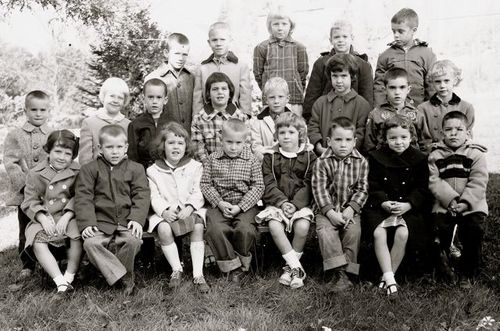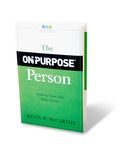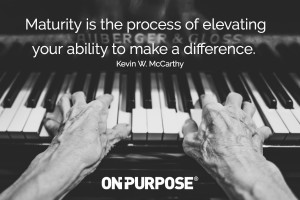Typically when someone is irritating the living hell out of us, this bothersome behavior provokes the fight or flight impulse. While the expression is often used, what if there really is more than meets the idiom?
How many of us find ourselves or someone close to us caught in a living hell within our body, mind, spirit, and financial condition?
There’s nothing worse than this sense of hopelessness except resignation to the hopelessness and denial.
On-Purpose® is about awakening us to face our “living hell” by getting to the core of our being which by definition is good, pure, and whole—our purpose. Here is the keyhole to the escape hatch into being true to ourselves.
Choose hope!
Putting a name on our situation strengthens us to face it more directly, boldly, and successfully.
Why not experience the promise of “on earth as it is in heaven” on-purpose? Yes, I hope t his message irritates the living hell out of you … and you’ll thank me for it.
his message irritates the living hell out of you … and you’ll thank me for it.
Escape Your Living Hell
On a highly selective basis, I’m looking to mentor and develop quality people who want to build a true business as a coach. This will mean learning, ongoing dialogue and development, determination, and a long-term commitment to stay the course. You’ll be helping your clients get to a healthier place in their lives in the most robust sense of well-being. For you this means work, learning to engage clients, and growing as a leader on-purpose.
Interested? Email me why you think this sounds like you. I’m conducting interviews to work with 3 people.



